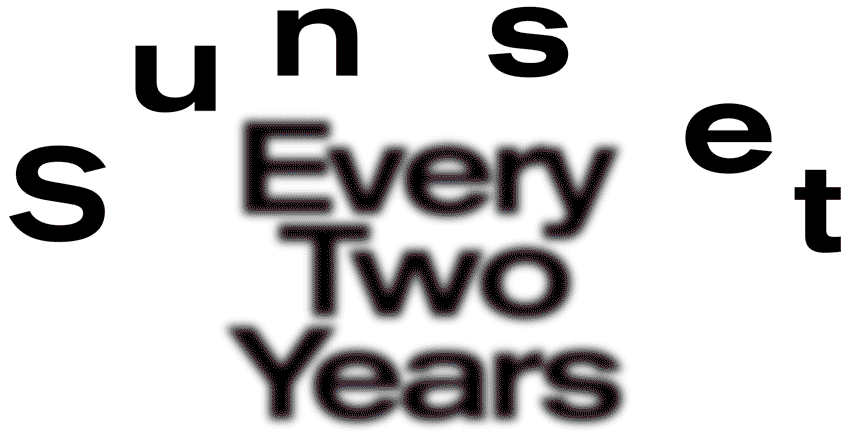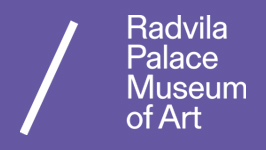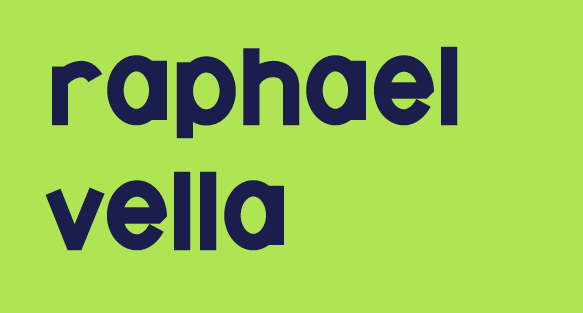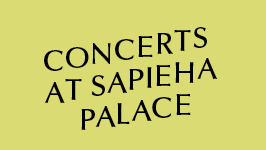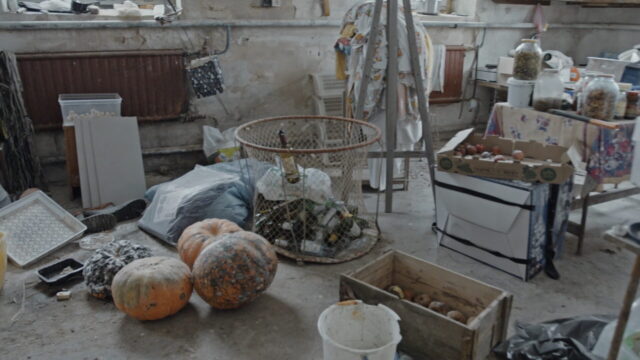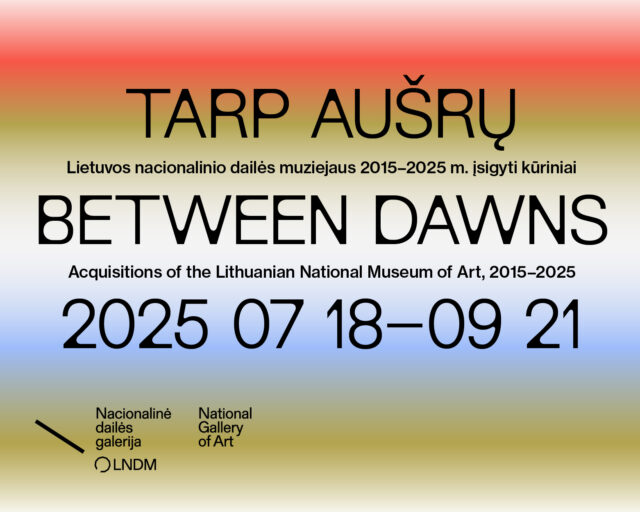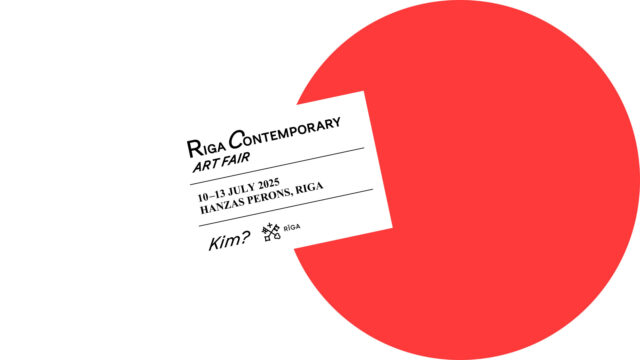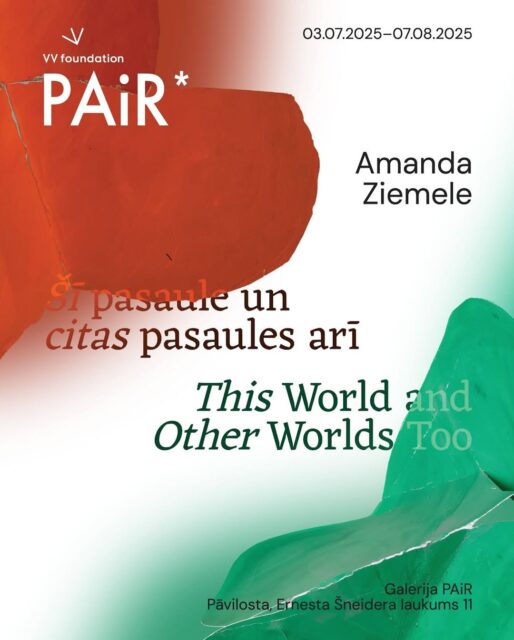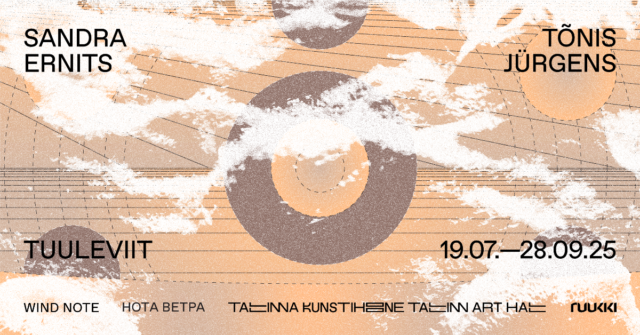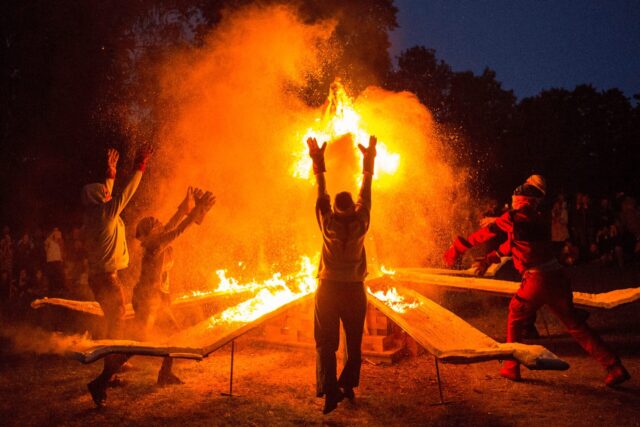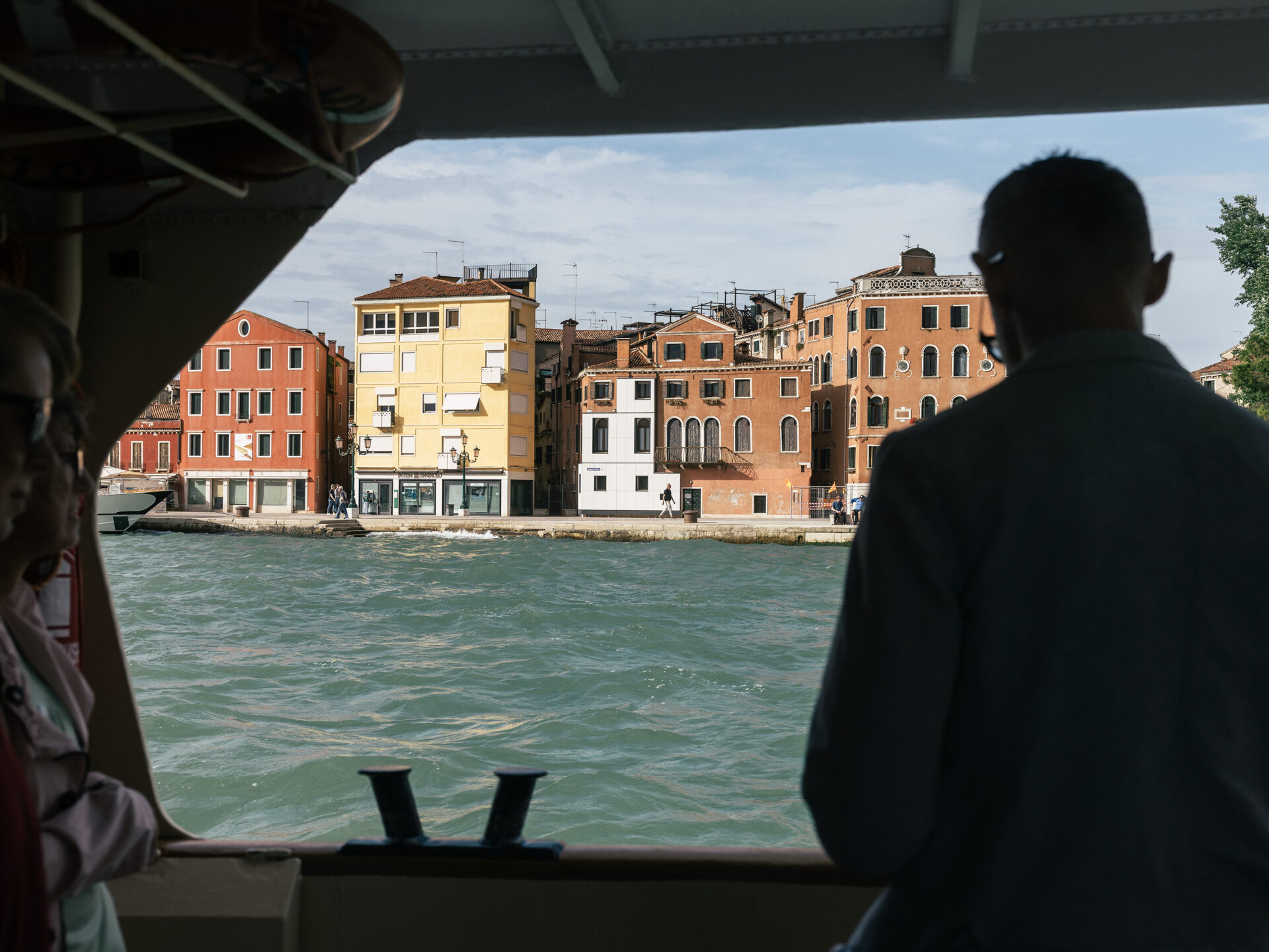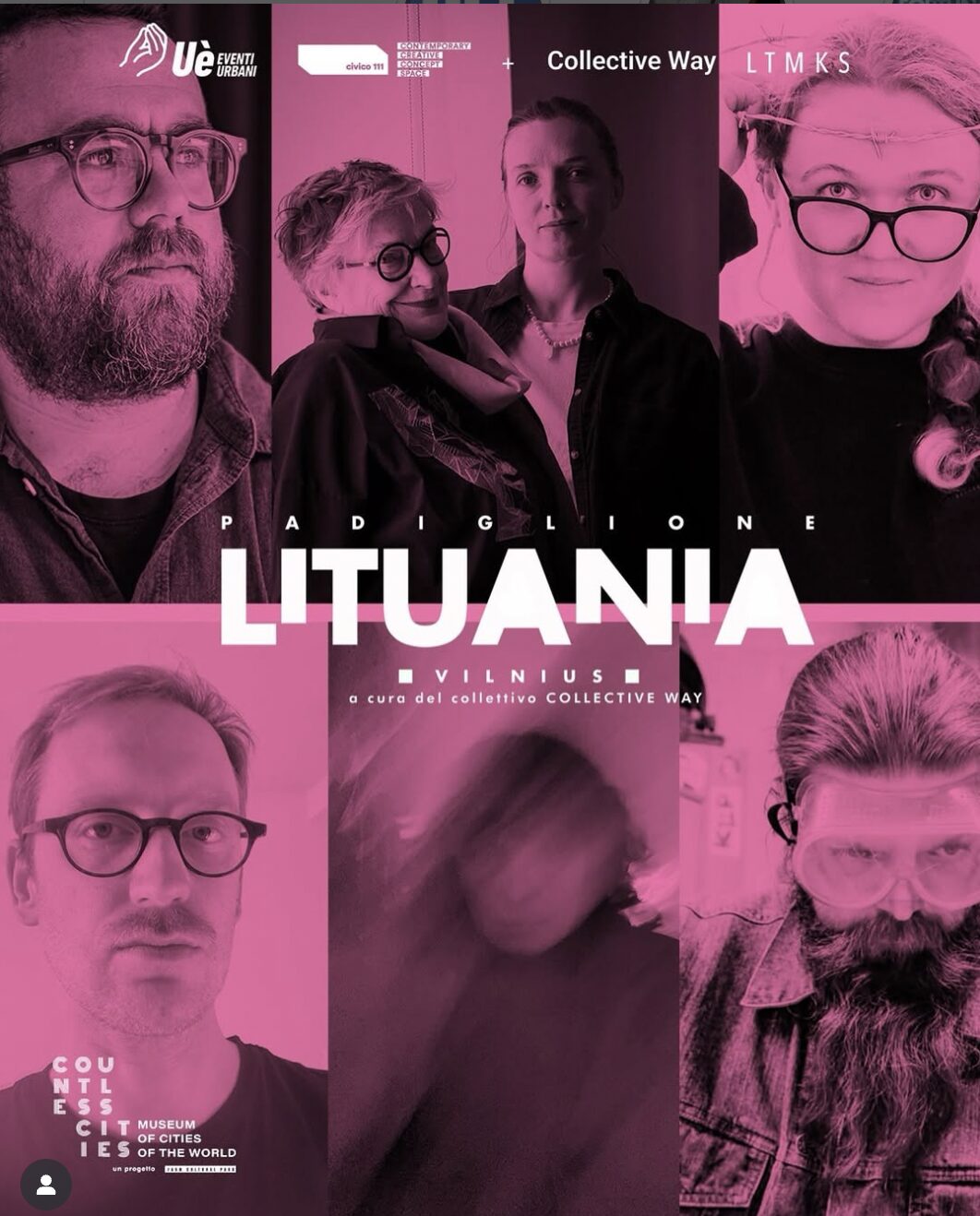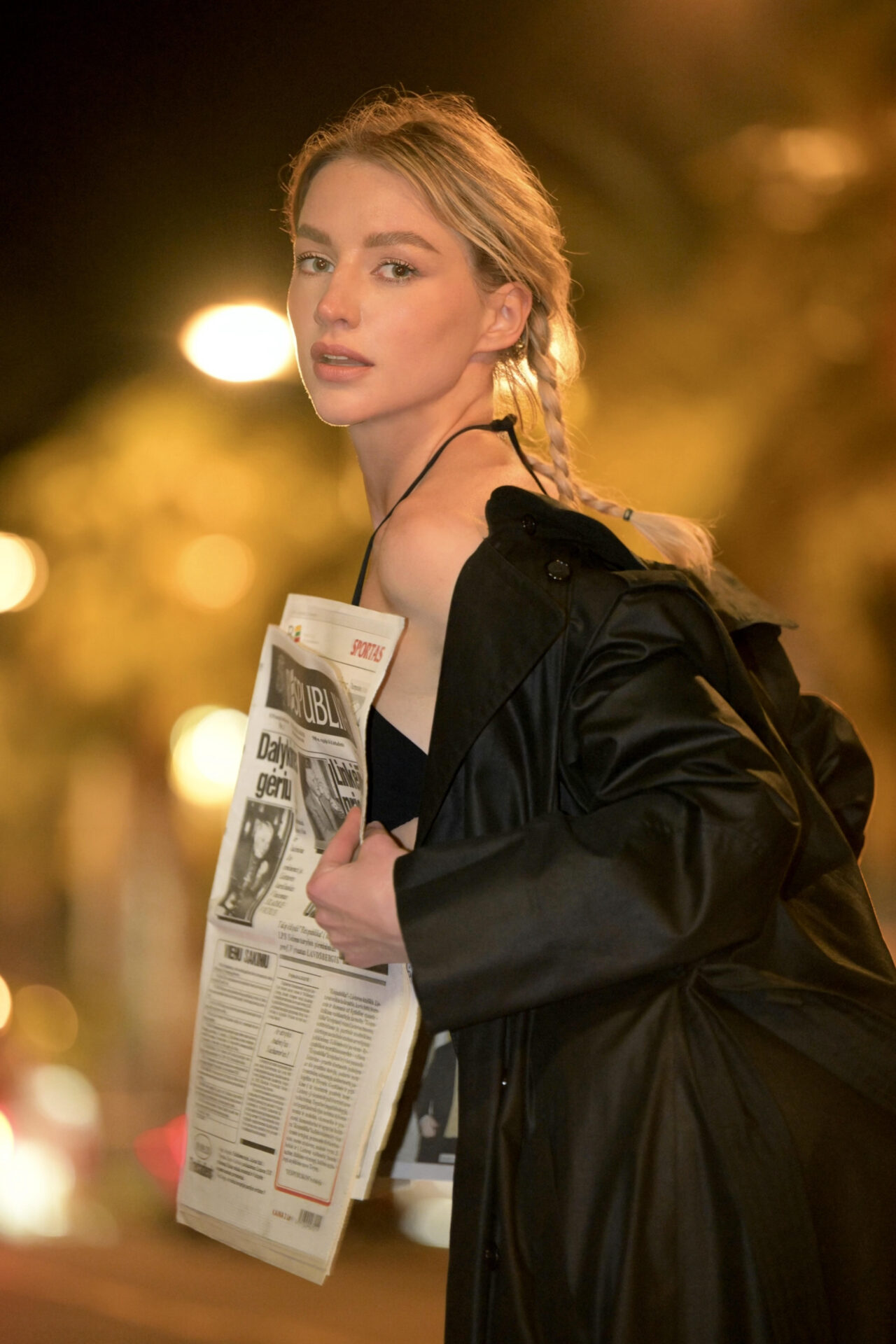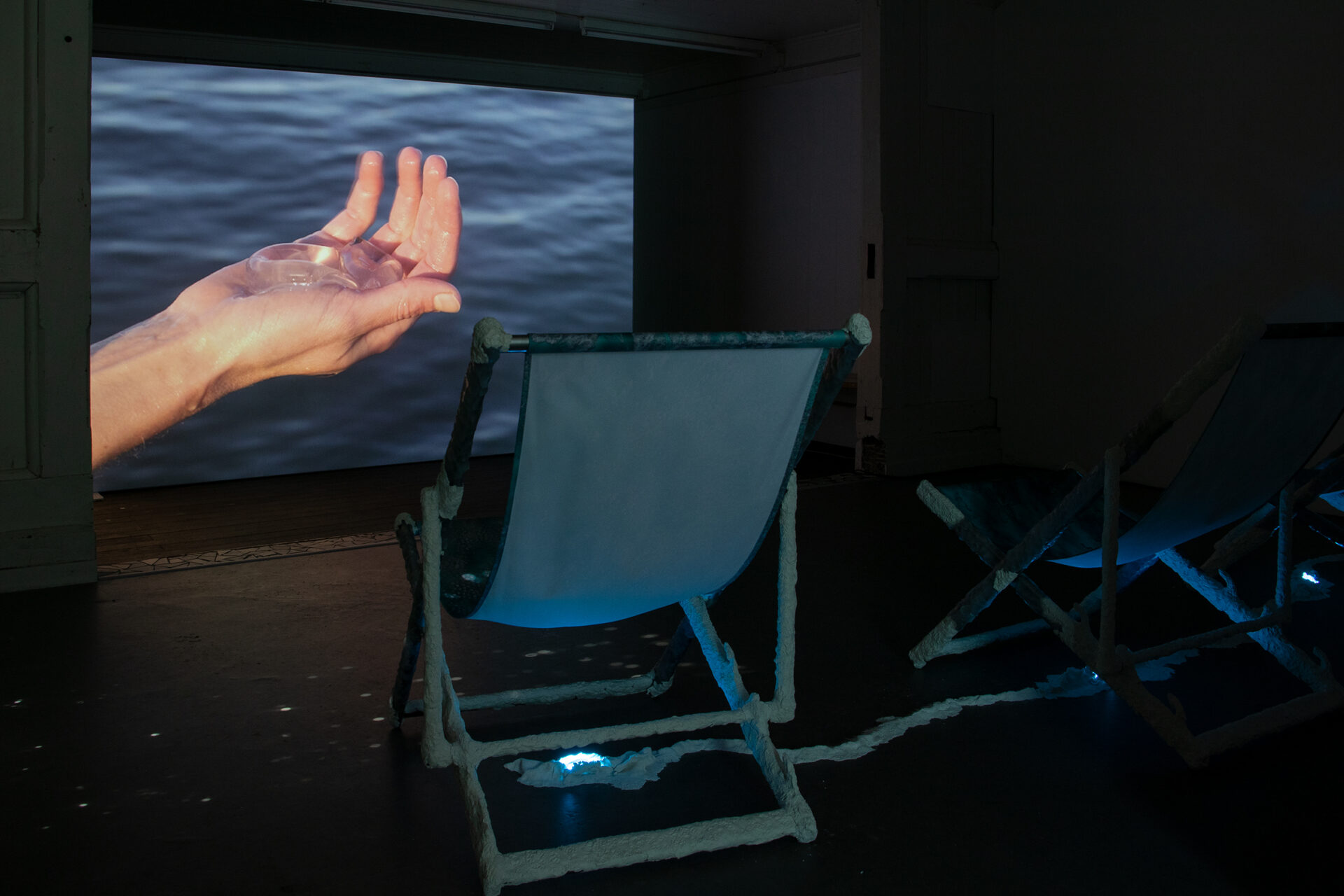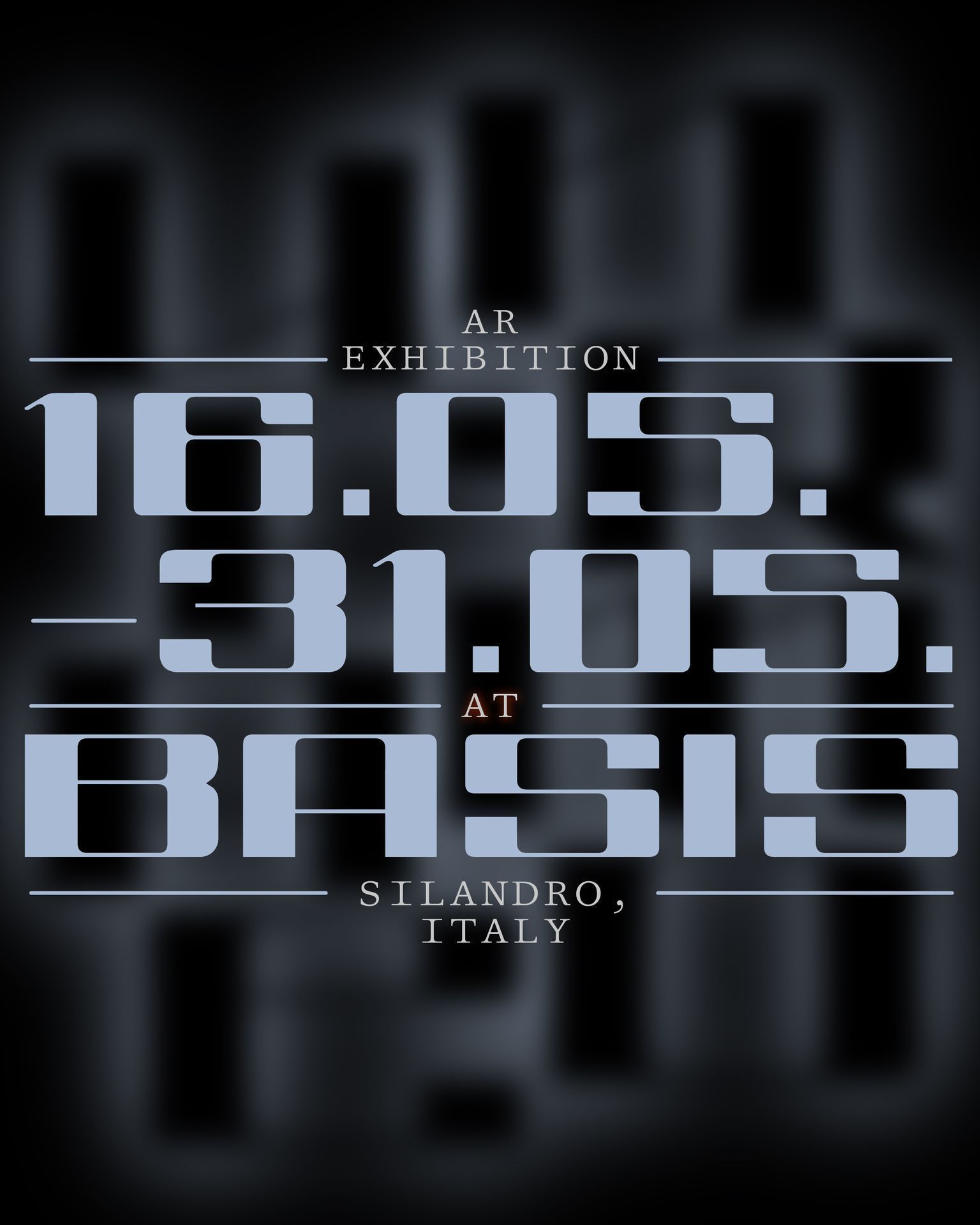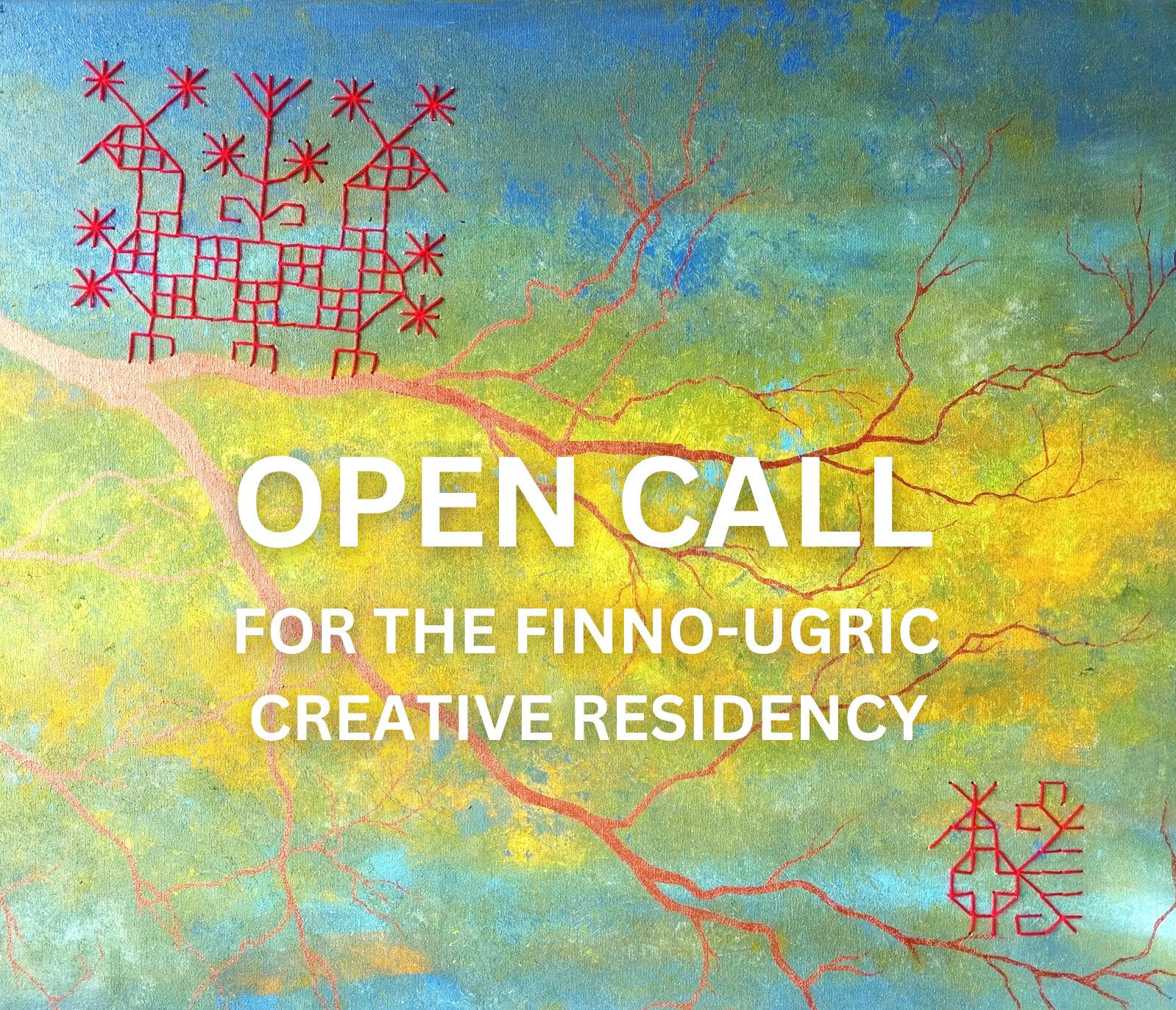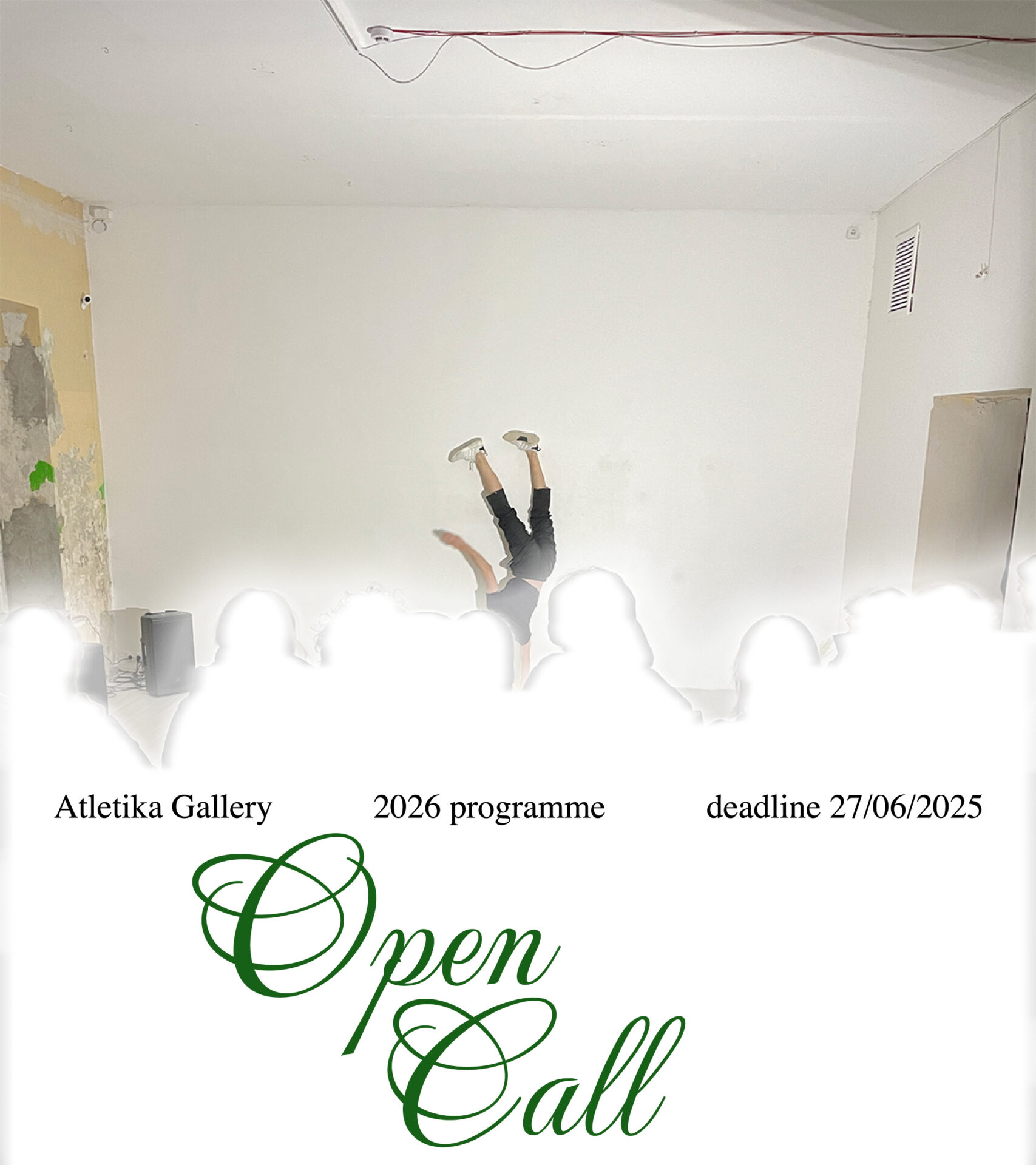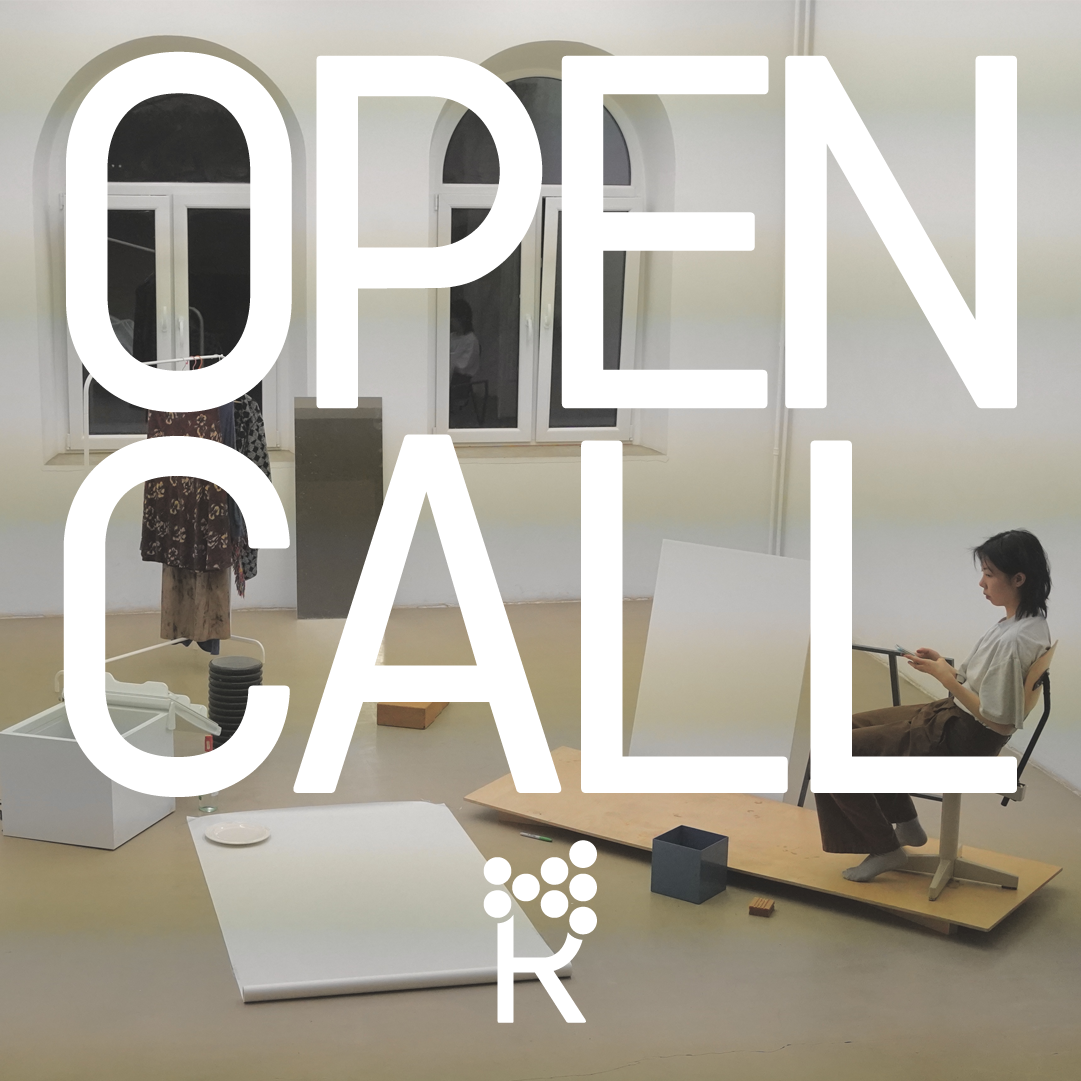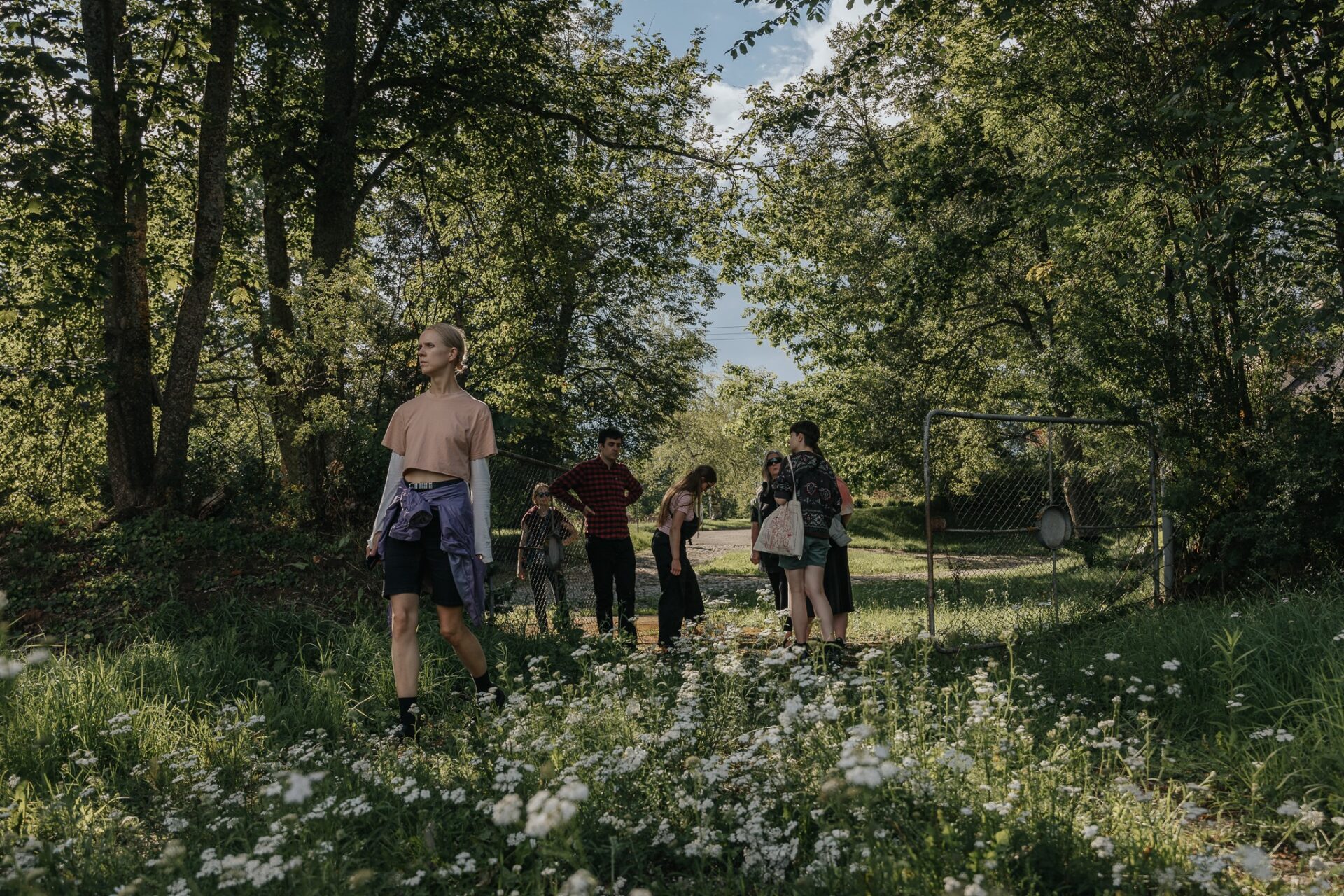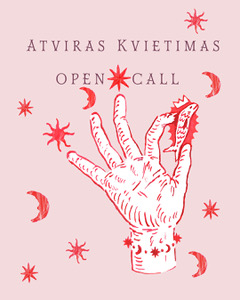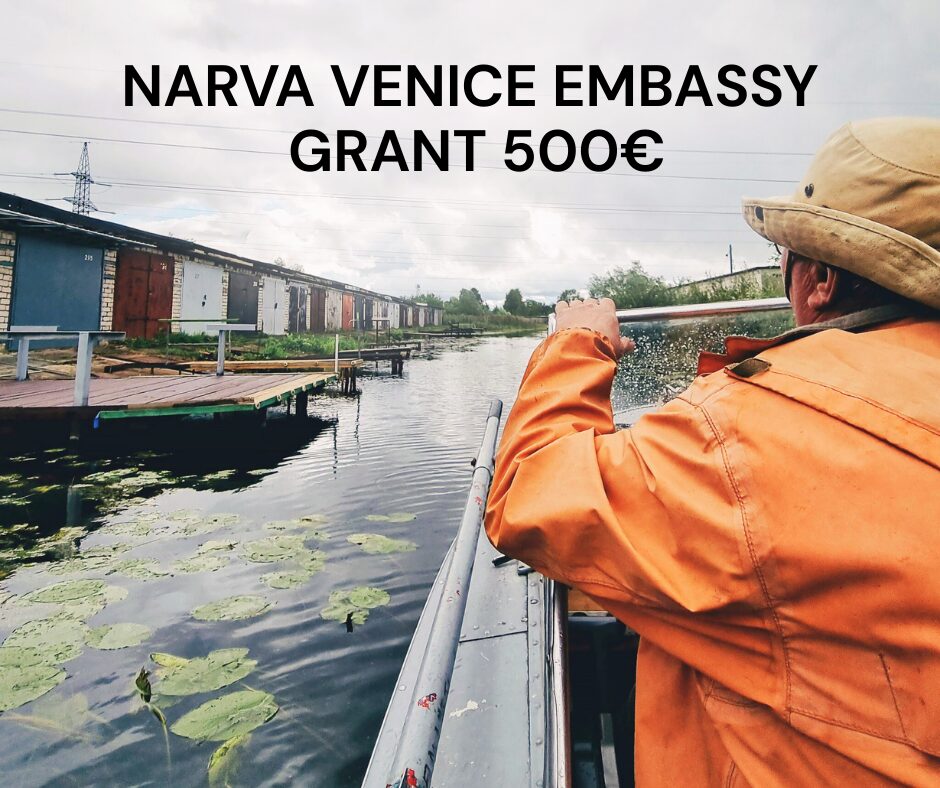We are ready to receive and commit to algorithmic guidance from online applications, ranging from love and wellbeing, to real estate and finance. Algorithms can offer us immediate emotional relief—as soon as we install an app and agree to its terms of use. Our engagement with the digital influences the choices we make, and the way we live. We depend on connected objects, like our smartphones: we shape, re-shape, and update our experiences through digital technologies. Through intensity, we assess the value of the time we live in and our intimate lives. Our bodies are 60% water and 140% data — we are 200%.
Life Intense neither frightens us that artificial intelligence is about to replace humanity, nor worships the algorithmic future. Rather, it attempts to reflect upon our current states—what we feel and experience in our technology-mediated lives. The works in the show reflect on the connections between the digital and physical realm through matter, image, sound, word, and rhythm. Most of the works were developed during residencies at Nida Art Colony of Vilnius Academy of Arts. Life Intense invites you to travel through the works. They set the grid, showing and displaying all functions to start anew from this template, when we can’t help but move, rotate, scale, push-pull, and drag ourselves between a cult of intensities.
2019 07 19 – 08 31
Nida Art Colony summer exhibition
Exhibition opening: 19 July at 6 pm
Visitors are welcome Tue-Sun 12-8 pm
Artists:
Žygimantas Kudirka, Ulijona Odišarija, Ignas Pavliukevičius , Steve & Samantha, Rebecca Stephany & Mathias Lempart, Marianne Vierø
Curators:
Dovilė Tumpytė, Marina Valle Noronha
* The exhibition borrows its title from the book The Life Intense by speculative realist thinker Tristan Garcia.
Organized by Nida Art Colony of Vilnius Academy of Arts
Team: Rasa Antanavičiūtė, Vytautas Michelkevičius, Indrė Liškauskaitė, Goda Aksamitauskaitė, Kęstutis Minderis, Julija Navarskaitė, Linas Ramanauskas, Andrej Vasilenko.
Project is supported by Lithuanian Culture Council, Goethe-Institut in Vilnius, Nordic-Baltic Mobility Programme, Thomas Mann Cultural Centre, and Neringa municipality

